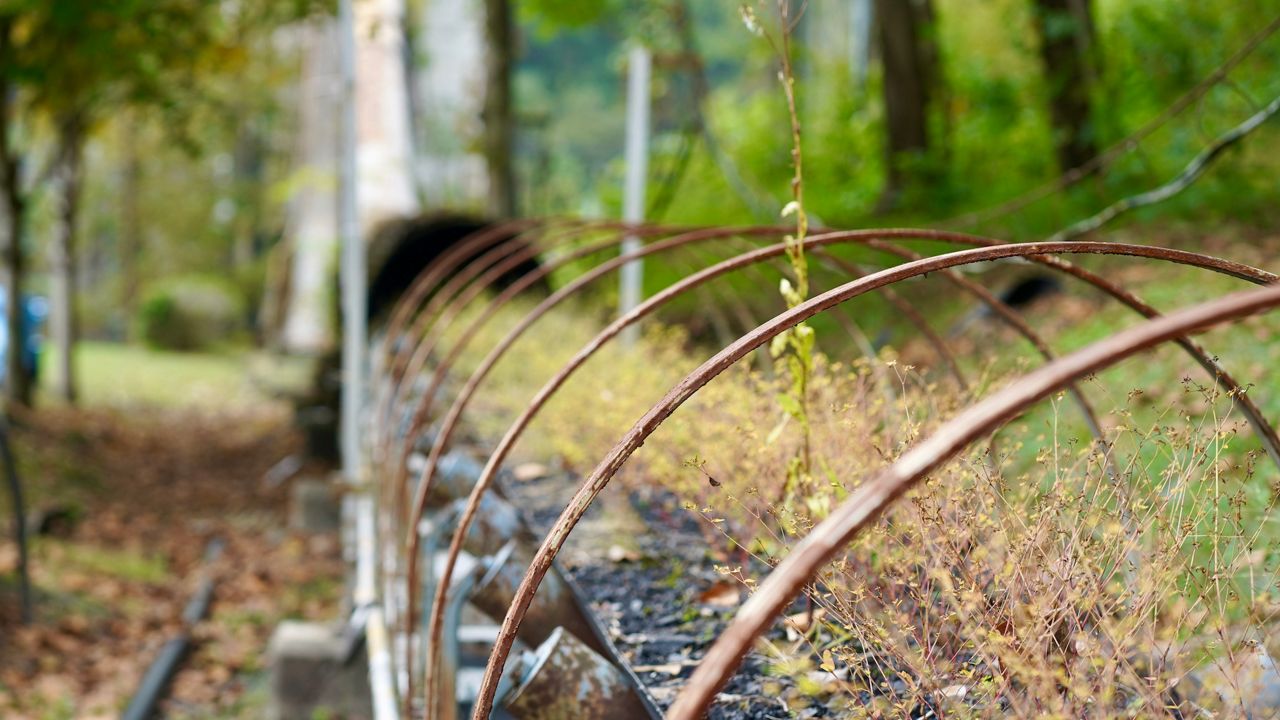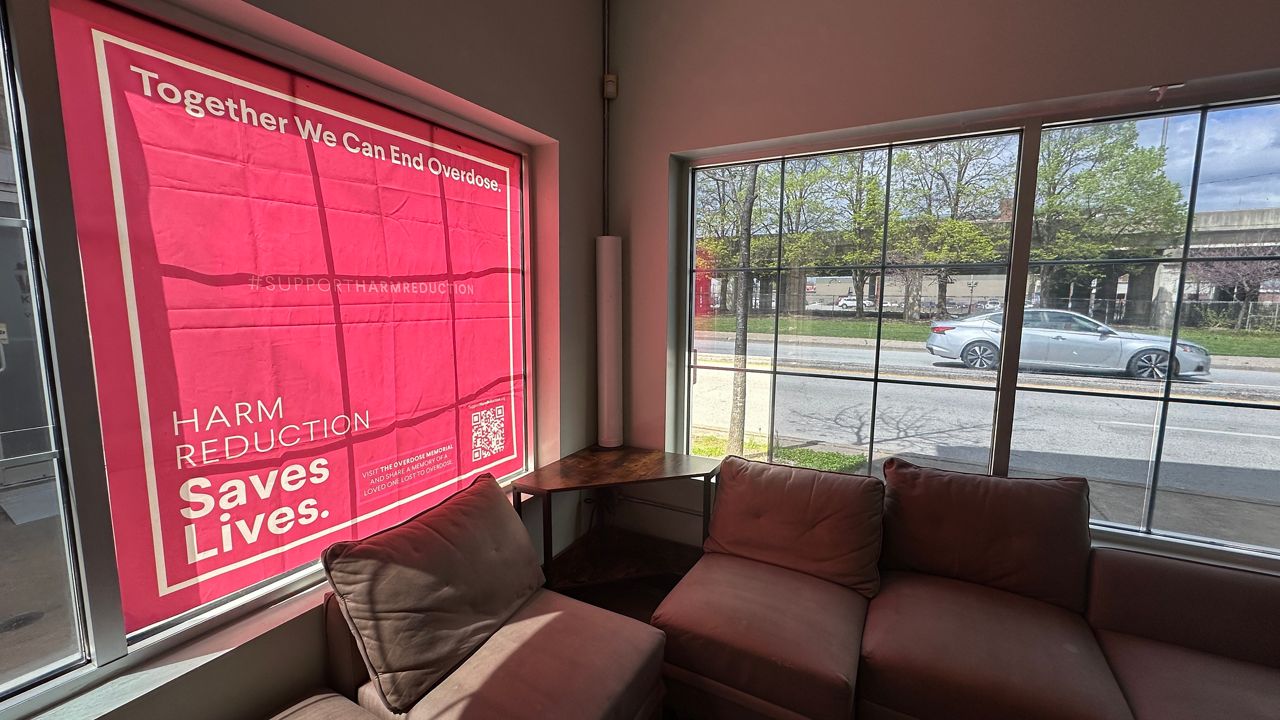LOUISVILLE, Ky. — Imprisonment rates in Kentucky continue to rank at the top of the country compared to other states. According to the Prison Policy Initiative, 37,000 people in Kentucky are behind bars.
Kyle Ellison is retired from 9-to-5 work, but continues to research and publish articles on Kentucky’s imprisonment rates.
“I intend to lay out the pieces so that people can get the big picture of what is going on,” Ellison said.
Kentucky has an imprisonment rate of 889 per 100,000 people according to the Prison Policy Initiative. That number is higher than the United States average and is higher than any NATO founding country.
Ellison began researching Kentucky’s prison system in the 1980s as a jail personnel trainer. Over the years, he has collected numerous newspaper clippings, photos and artifacts related to Kentucky’s penal system.
“Kentucky is essentially racing to the bottom, and we are increasing, and other states are decreasing, and people don’t see that and ask what we can do that’s different,” Ellison said.
Through his research, Ellison says actions from the legislature — like the state penal code of 1974, which made sentences harder — have contributed to Kentucky’s high incarceration rates and overpopulated jails and prisons. Plus, the recently enacted Safer Kentucky Act could lead to more people behind bars as well.
“This is about 34 different felonies that were created or enhanced plus the homelessness issue plus the ability for community bail projects to get people out on bail. This is a big step backwards,” Ellison said.
The ACLU of Kentucky opposed the Safer Kentucky Act. Amber Duke, the group’s executive director, says the new law will lead to future prison population issues by not getting people the help they need.
“We really believe that to solve this problem, we have to really be investing in communities and invest in people and not invest in imprisonment,” Duke said.
Incarceration rates have climbed in both state prisons and county jails since the late 1970s.
Data from the Justice and Public Safety Cabinet shows most county jails in Kentucky are over 100% capacity. Of the prisoners serving felony time, 40% are being housed in jails, not state prisons. Ellison said counties profit from this, getting paid for each day a state prisoner is in their facility.
“Jails are built for short-term confinement, they do not have space, people are much more crowded there,” Ellison said.
Ellison said he does not see a short-term fix, but said it begins with using evidence, not emotion when crafting legislation.
“You have to think about what you can do to prevent incarceration, and this is housing, medical care, education, mental health, addiction; all these things people are aware of, but it’s not on the news every night,” Ellison said.
For the former corrections employee, it’s become a passion. He’s not stopping anytime soon.
“I’d like to leave something behind that would endure,” Ellison said.
The data from the Prison Policy Initiative also shows imprisonment continues to affect Black Americans and other non-white races disproportionately.
The Safer Kentucky Act, a wide sweeping anti-crime bill, went into effect this past July. It increased penalties for some crimes, reintroduces a three-strikes law for violent offenders and makes carjacking a separate crime.
State Sen. Donald Douglas, R-Nicholasville, said the bill’s intent was not to address imprisonment numbers, but to seek justice for victims of crime in the Commonwealth.
“Quite frankly, we see that people have been victimized for a long time and there’s been a lot of leniency in our courts,” Douglas said.
The bill passed with some bipartisan support, however many Democrats were vocally against the bill.
State Sen. Gerald Neal, D-Louisville, argues the law will further overcrowd jails without lessening crime because it does not address the root causes of crime.
“I think we need to be less reactive and less political to the extent that drives it and be a little more thoughtful and better stewards of our responsibility in terms of delivering solutions with respect to society,” Neal said.










